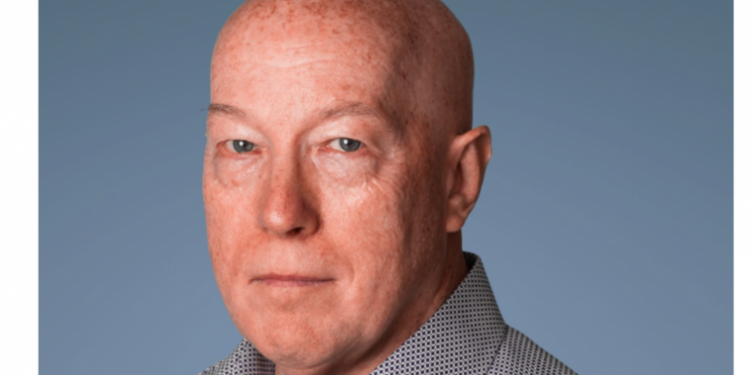The government’s proposal to allow housing benefits to be used for mortgage payments could mean people are unable to protect themselves and may be more likely to default, an adviser has said.
Alan Lakey, director of Highclere Financial Services and of CI Expert, told Health & Protection that he had significant concerns about the policy and saw it as little more than a headline-grabbing statement with too many difficulties to surpass.
In particular, he was worried that people would not be able to afford to take out protection and warned this could leave them and their home unprotected should the worst happen.
“People on benefits are generally at the lower income end which means they are far more likely to refuse mortgage protection cover than the typical borrower,” Lakey said.
“Who will be to blame if a benefits borrower defaults on payments?”
Lakey also said it was difficult to see how the government’s plan dovetailed with various existing rules on responsible lending.
“And how will they assess income when means-tested income fluctuates due to changes, making it more akin to overtime or commission payments?” he continued.
“To me it looks like one of those promises to woo voters which never come into being due to the numerous difficulties involved.”
Plans to change welfare rules so that the 1.5 million people who are in work but also on housing benefit will be given the choice to use their benefit towards a mortgage, rather than it automatically going directly to private landlords or housing associations, were announced by the government this month.
However, they have been criticised as unworkable by many people.
Issues cited include the £16,000 cap on savings to be eligible for Universal Credit would mean most people being unable to afford a house deposit anyway, while lenders would also have to be willing to accept the benefit as a source of income.






